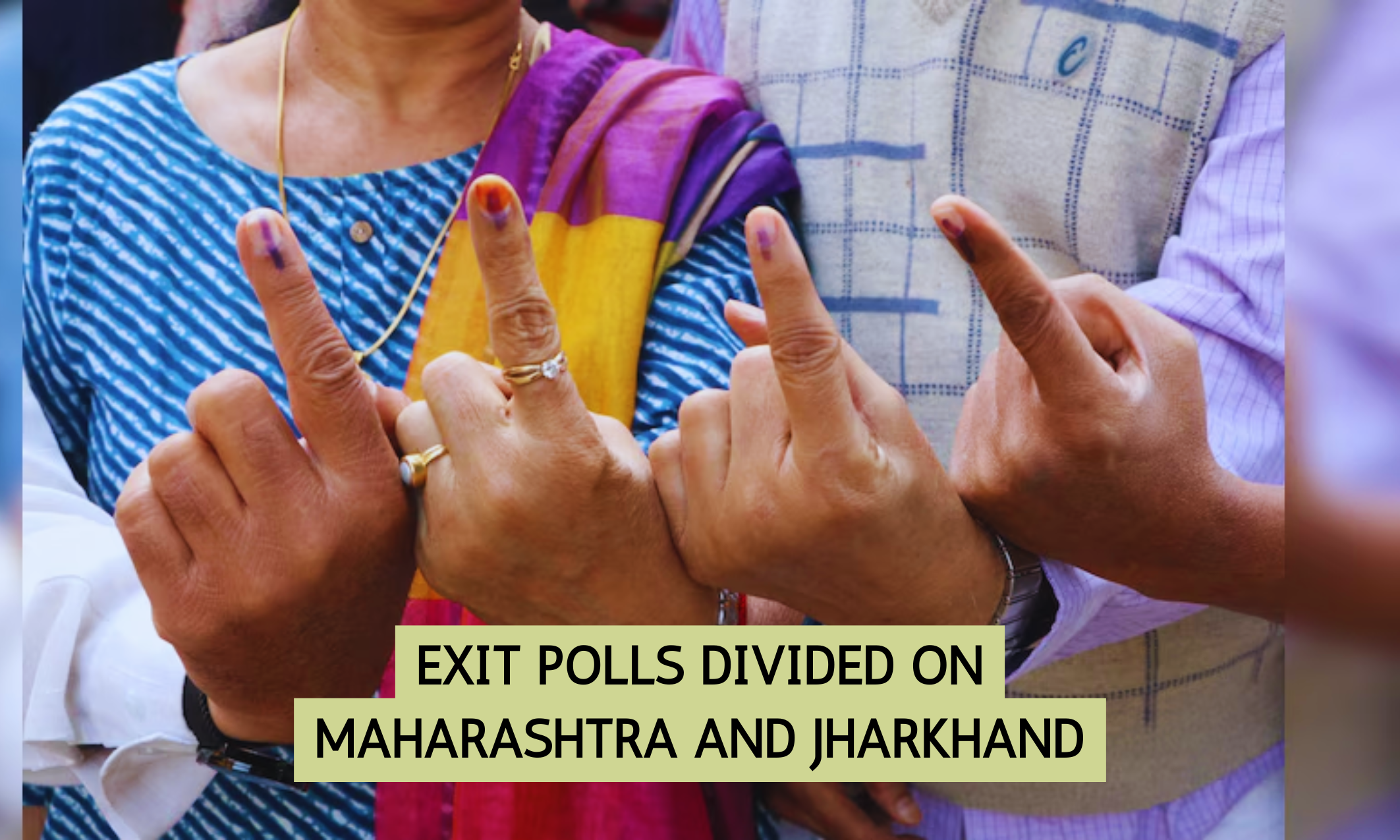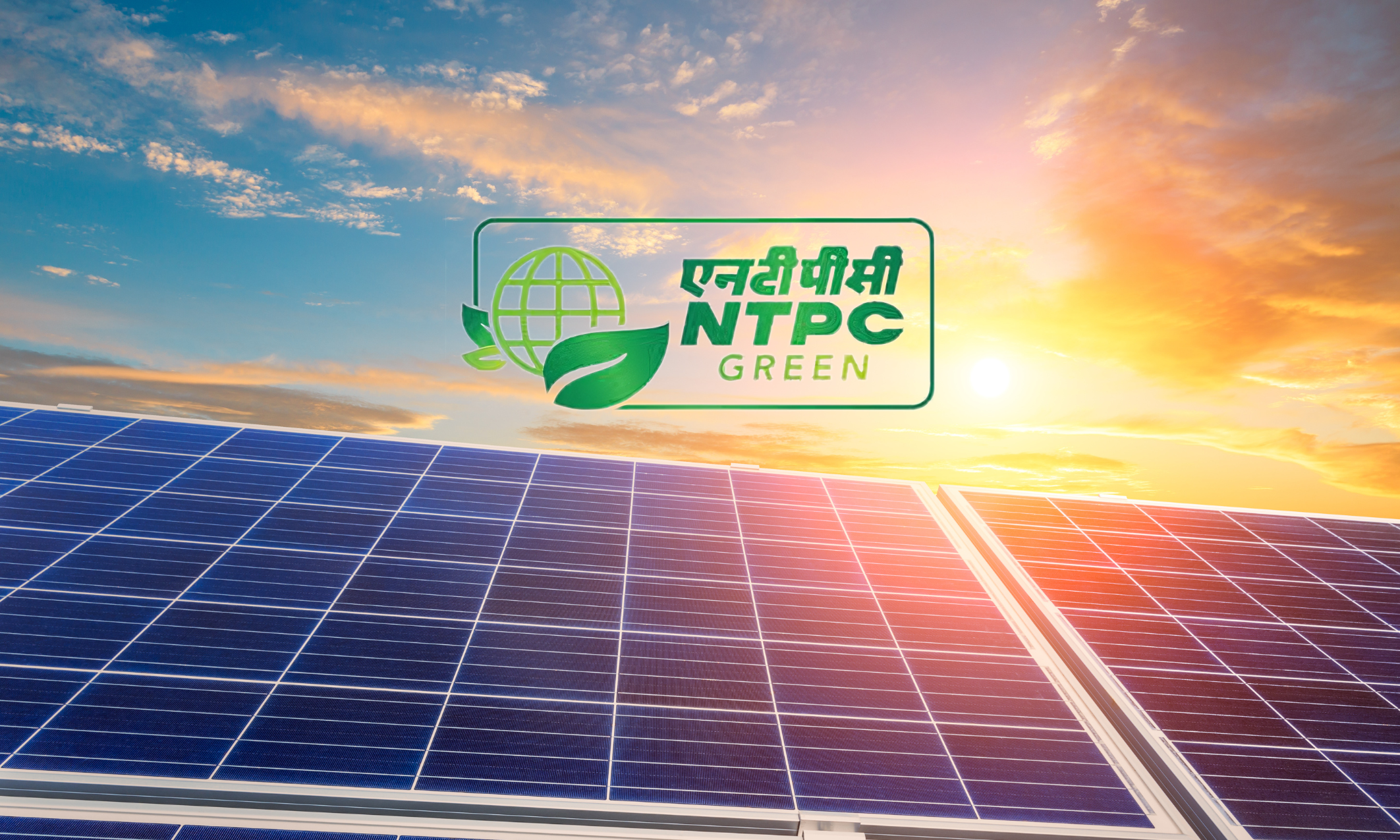UPSC IAS Exam 2020

About UPSC:
Indian Administrative Service (IAS) was formerly known as the Imperial Civil Service (ICS) is the Civil Services Examination and one of the toughest competitive exams in India. It is conducted by the Union Public Service Commission for the recruitment of officers for the All India Administrative Civil Service.
UPSC Eligibility Criteria:
The IAS eligibility criteria are explained under four headings:
- Nationality
- Age Limit
- Number of Attempts
- Educational Qualification
UPSC Nationality Criteria:
Nationality criteria for Indian Administrative Service (IAS) and Indian Police Service (IPS):
- Candidate must be a citizen of India
Nationality criteria for all other services:
- Candidate must be either:-
- a citizen of India, or
- a subject of Nepal, or
- a subject of Bhutan, or
- a Tibetan refugee who came to India before 1st January 1962 with the intention of permanently settling in India, or
- a person of Indian origin (PIO) who has migrated from Pakistan, Burma, Sri Lanka, East African countries of Kenya, Uganda, the United Republic of Tanzania, Zambia, Malawi, Ethiopia, Zaire and Vietnam with the intention of permanently settling in India.
The candidates belonging to categories (B), (C), (D) and (E) should furnish a certificate of eligibility issued by the Government of India. Such candidates may take the exam before getting the said certificate of eligibility, but he/she would get the offer of appointment only after the certificate has been issued by the Government of India. Candidates belonging to (B), (C) and (D) are not eligible for appointment to the Indian Foreign Service (IFS).
UPSC Age Criteria:
The candidate must have attained the age of 21 years as on 1st August of the year in which the exam would be held. This means, for the UPSC 2020 exam, the candidate must be 21 years as on 1st August 2020.
The upper age limit for the IAS exam is 32 years. This means, the candidate must not have attained the age of 32 years as on 1st August 2020 for the forthcoming IAS exam. So, if a candidate wishes to take the 2020 UPSC exam, his or her date of birth should fall between 2nd August 1987 and 1st August 1998.
Of course, there are age relaxations for candidates belonging to the reserved categories. They are discussed below in the table.
Category | Relaxation | Upper Age Limit |
General | No relaxation | 32 |
Other Backward Class (OBC) | Up to 3 years | 35 |
Scheduled Caste/Scheduled Tribe (SC/ST) | Up to 5 years | 37 |
Defence Service Personnel disabled during service | Up to 3 years | 35 |
Ex-servicemen including Commissioned Officers and ECOs/SSCOs who have rendered at least 5 years military service as on 1st August 2020 and have been released * | Up to 5 years | 37 |
Visually challenged/hearing impaired/physically challenged candidates | Up to 10 years | 42 |
such candidates on completion of assignment (including those whose assignment would complete within one year from 1st August 2020) other than those who have been dismissed or discharged on account of misconduct or inefficiency. Also, includes those servicemen who have been released due to physical disability attributable to military service; and also who have been released owing to invalidment.
Points to note:-
- Candidates belonging to SC/ST/OBC who also fall under the category of ex-servicemen/physically or visually challenged/hearing impaired will be eligible for grant of cumulative age-relaxation under both the categories.
- The term ex-servicemen, is as defined in the Ex-servicemen (Re-employment in Civil Services and Posts) Rules, 1979.
- Ex-servicemen and Commissioned Officers including ECOs/SSCOs who are released on their own will not be eligible for the age concession as explained above.
- Physically disabled candidates will have to satisfy the requirements of physical and medical standards for the concerned posts/services after examination by the Government or appointing authority.
- The proof of date of birth/age is the matriculation or secondary school leaving certificate, or a certificate recognized by an Indian University as equivalent to matriculation.
- These certificates should be submitted only while applying for the UPSC mains exam.
- No other certificate like horoscopes, affidavits, birth extracts from Municipal Corporation, service records would be accepted as proof of age.
- While entering the DOB online at the time of applying for the UPSC prelims exam, make sure it is as entered in the matriculation certificate. Otherwise, disciplinary action can be taken against the candidate by the Commission.
UPSC Number of Attempts Criteria:
The number of times candidates are permitted to take the IAS exam is given in the below table:
Category | Number of Attempts |
General | 6 |
OBC | 9 |
SC/ST | No restriction |
Physically Handicapped (General) | 9 |
Physically Handicapped (OBC) | 9 |
Physically Handicapped (SC/ST) | No restriction |
Points to note:
- If a candidate appears for the UPSC prelims exam, it will be deemed as one attempt.
- If a candidate clears the UPSC prelims, he/she will be eligible for appearing for the USPC mains of that year only.
- Even if a candidate’s candidature is disqualified or canceled, his/her taking the exam will be counted as one attempt.
- A candidate who is appointed to the IAS/IFS (Foreign Service) on the basis of the result of an earlier civil service exam and continues to be a member of that service will not be eligible to apply for this exam. If such candidate is given such appointment after taking the 2020 prelims exam, he/she will not be permitted to take the mains exam of 2020. Also, if such a candidate is appointed to the IAS/IFS after taking the UPSC mains 2020 but before the announcement of the results, then he/she will not be considered for appointment to service on the basis of 2020 mains exam.
UPSC Educational Qualification Criteria:
- The candidate must have at least a bachelor’s degree from a recognised university to take the UPSC exam.
- Even those candidates who have written the final year exams of the qualifying exam (bachelor’s degree) and are awaiting results can apply. Also, candidates who would write the final exam are also eligible to apply for the IAS prelims exam. But, these candidates must produce the proof of passing the exam while applying for the IAS mains exam.
- In exceptional cases, the UPSC may allow a candidate who does not fall under the aforementioned categories if the candidate has passed an exam conducted by other institutions, the standard of which the UPSC is convinced justifies his/her admission to take the UPSC exam.
- Those candidates with professional/technical qualifications which are recognized by the Government as equivalent to professional/technical degrees are also eligible.
- MBBS candidates who have not yet completed their internship by the time of applying for the UPSC Mains will be given a provisional admission to take the mains, provided they submit a copy of the certificate from the concerned University/institution authority that they have passed the requisite final professional medical examination. At the time of the interview, such candidates will have to produce a certificate from the University/institution stating that they have completed all the requirements (including completion of internship) for the award of the medical degree.
Syllabus for the exam:
General Studies Paper – I
| 200 Marks | 2 Hours |
CSAT/ General Studies Paper- II
| 200 Marks | 2 Hours |









